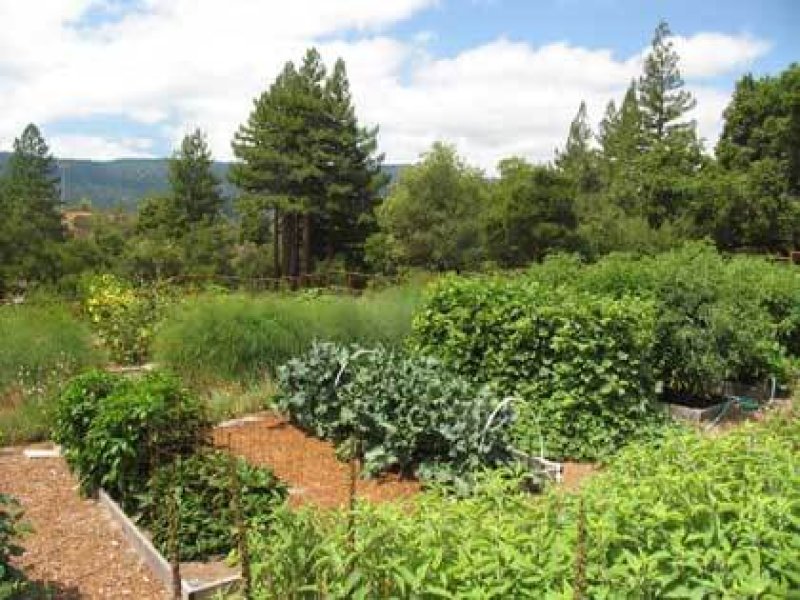This op-ed was written by Anne Lappe, a writer and anti-GMO activist. Her current project, Food MythBusters is a collaborative effort that challenges what she calls the myths about industrial agriculture and promotes sustainable farming through creative movies, an online action center, and grassroots events.
The notion that GMOs are the only way to feed a growing population is way out of step with both the leading thinkers on food and farming and the world’s smallholder farmers—who produce much of what the planet eats and 80 percent of the food in Asia and sub-Saharan Africa.
These farmers may not have money on their side, but I saw the power of strength in numbers at the Organic World Congress. What I heard should have biotech execs shaking in their boots, or their penny loafers, as the case may be: Organic agriculture is taking off around the world, especially where it’s needed most. About 80 percent of all organic producers are based in developing countries, with India, Uganda, Mexico, and Tanzania leading the charge. To date, 162 nations are now home to certified organic farms, and in 2012 the 37.5 million hectares of farmland produced a harvest worth $63.8 billion. While that works out to less than 1 percent of global agricultural land, the figure dramatically undercounts the actual amount of land farmed using organic principles, as many farmers are not part of a official certification program. And consider that globally, organic agriculture has received a fraction of the subsidies and 0.4 percent of the research dollars funneled into chemical farming ventures.
Pat Mooney, executive director of the ETC Group, a global antipoverty group, had the audience spellbound by his tales of woe: The monoculture design of industrial agriculture has decimated species diversity in our food system.
“In the last half century,” Mooney said, “the industrial food chain has destroyed 75 percent of the genetic diversity of our food chain.” Mooney’s message was that organic agriculture is key toprotecting this disappearing biodiversity, which farmers have long known is the heart of food security.
Read full, original article: Yes, Organic Farming Can Feed the World































